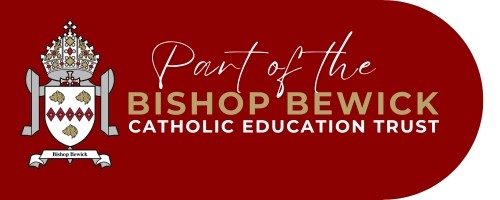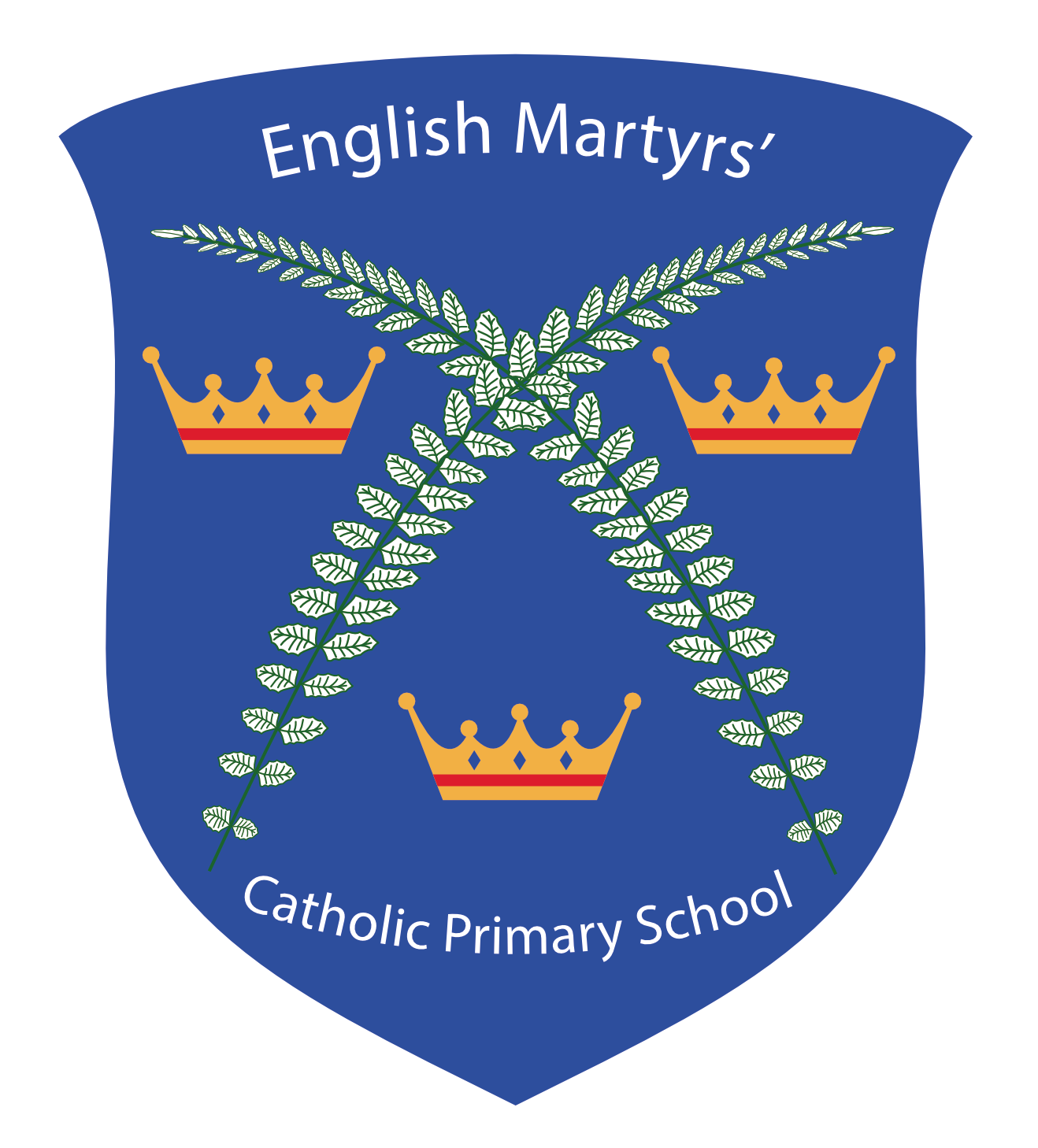
COMPUTING
COMPUTING
“Whether you want to uncover the secrets of the universe, or you want to pursue a career in the 21st century, basic computer programming is an essential skill to learn.”
Stephen Hawking
CURRICULUM STATEMENT
Our vision at English Martyrs Catholic Primary School is that all pupils should enjoy Computing and become confident, passionate and responsible users of technology both inside and outside of school. Through interesting, relevant and inclusive lessons, they will be able to leave Year 6 with a good understanding of how computers and the Internet work, along with being able to complete tasks on them creatively, independently and reflectively for a range of purposes and audiences.
The Computing curriculum at English Martyrs is designed to enable pupils to embrace and utilise new technologies through the application of essential knowledge, principles and concepts. Pupils must be equipped to operate in a rapidly changing workplace and to be prepared for the career opportunities that will be open to them.
Technology is everywhere and will play a pivotal part in students' lives, therefore, we want to model and educate our pupils on how to use technology positively, responsibly and safely. We want our pupils to be creators, not just consumers and our broad curriculum encompassing ‘Computer Science’, ‘Information Technology’ and ‘Online Safety’ reflects this.
INTRODUCTION
At English Martyrs' we believe that a high-quality computing education equips pupils to use computational thinking and creativity to understand and change the world. Computing has deep links with mathematics, science, and design and technology, and provides insights into both natural and artificial systems. The core of computing is computer science, in which pupils are taught the principles of information and computation, how digital systems work, and how to put this knowledge to use through programming. Building on this knowledge and understanding, pupils are equipped to use information technology to create programs, systems and a range of content. Computing also ensures that pupils become digitally literate – able to use, and express themselves and develop their ideas through, information and communication technology – at a level suitable for the future workplace and as active participants in a digital world.
The aim of our computing curriculum is to ensure that all pupils:
can understand and apply the fundamental principles and concepts of computer science, including abstraction, logic, algorithms and data representation
can analyse problems in computational terms, and have repeated practical experience of writing computer programs in order to solve such problems
can evaluate and apply information technology, including new or unfamiliar technologies, analytically to solve problems
are responsible, competent, confident and creative users of information and communication technology.
KEY STAGE 1
Pupils are taught to:
understand what algorithms are; how they are implemented as programs on digital devices; and that programs execute by following precise and unambiguous instructions
create and debug simple programs
use logical reasoning to predict the behaviour of simple programs
use technology purposefully to create, organise, store, manipulate and retrieve digital content
recognise common uses of information technology beyond school
use technology safely and respectfully, keeping personal information private; identify where to go for help and support when they have concerns about content or contact on the internet or other online technologies.
KEY STAGE 2
Pupils are taught to:
design, write and debug programs that accomplish specific goals, including controlling or simulating physical systems; solve problems by decomposing them into smaller parts
use sequence, selection, and repetition in programs; work with variables and various forms of input and output
use logical reasoning to explain how some simple algorithms work and to detect and correct errors in algorithms and programs
understand computer networks including the internet; how they can provide multiple services, such as the world wide web; and the opportunities they offer for communication and collaboration
use search technologies effectively, appreciate how results are selected and ranked, and be discerning in evaluating digital content
select, use and combine a variety of software (including internet services) on a range of digital devices to design and create a range of programs, systems and content that accomplish given goals, including collecting, analysing, evaluating and presenting data and information
use technology safely, respectfully and responsibly; recognise acceptable/unacceptable behaviour; identify a range of ways to report concerns about content and contact.

English Martyrs' Catholic Primary School
Beaufront Gardens, Fenham, Newcastle upon Tyne, NE5 2SA
office@emcps.co.uk
Tel. 0191 274 7463
Copyright © 2024 Bishop Bewick Catholic Education Trust
Web design by M Ashton-Thompson | Privacy Policy




